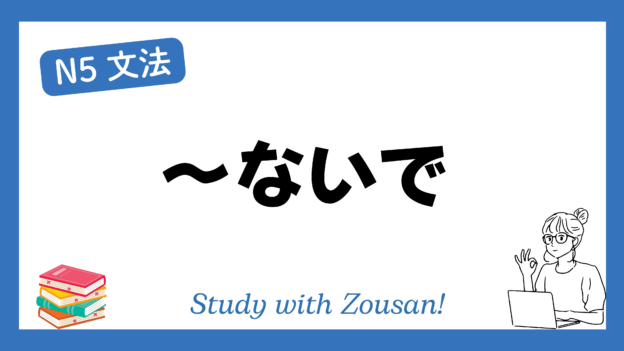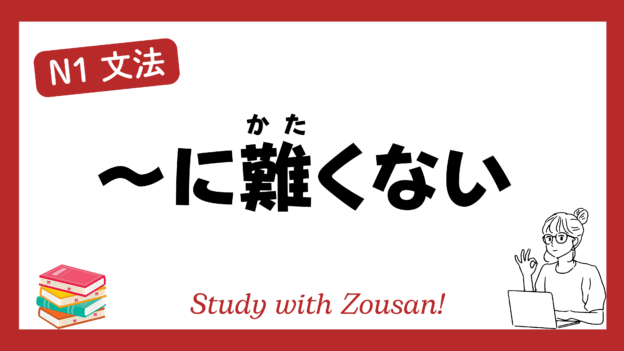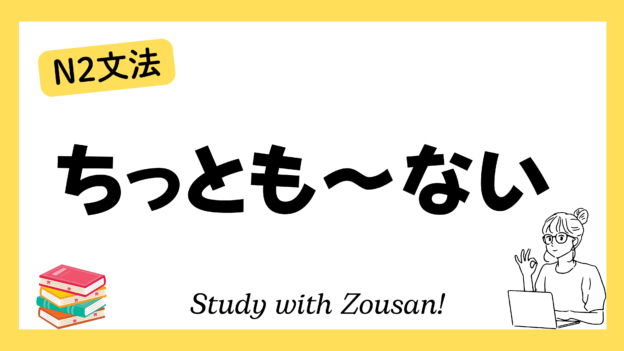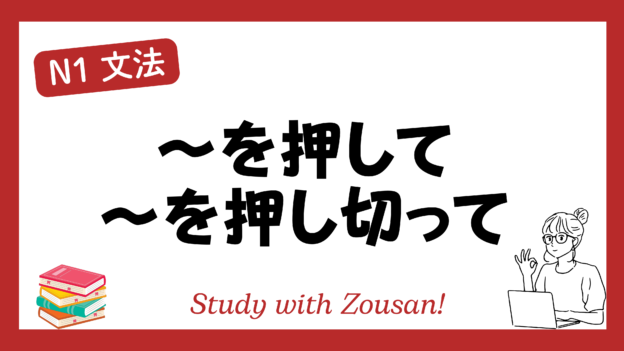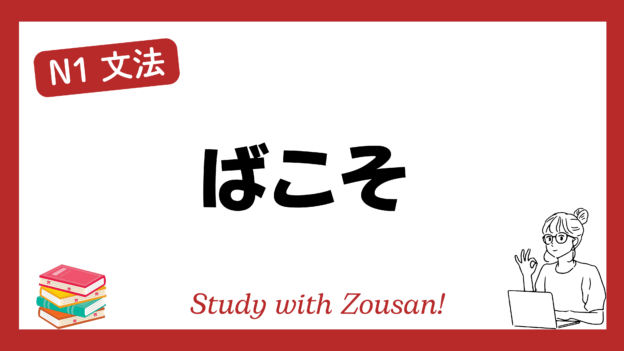N5文法:~ないで
Meaning: “Without doing…”, “Not doing…”
“~ないで” is used to express that something happens or is done without performing a certain action. It can be translated as “without doing” or “not doing,” and is often used when describing situations where a certain action is intentionally or unintentionally left undone.
※Note: This structure is often used in both casual and formal conversations, depending on the context.
Structure:
| Verb-A (ない form) + で + | Verb-B |
Example:
-
-
-
🌟 宿題をしないで遊んでしまった。
(しゅくだい を しないで あそんで しまった。)
I played without doing my homework. -
🌟 朝ご飯を食べないで学校に行った。
(あさごはん を たべないで がっこう に いった。)
I went to school without eating breakfast. -
🌟 彼は傘を持たないで外に出た。
(かれ は かさ を もたないで そと に でた。)
He went outside without taking an umbrella. -
🌟 何も言わないで出かけた。
(なにも いわないで でかけた。)
I left without saying anything. -
🌟 彼女は泣かないで我慢した。
(かのじょ は なかないで がまん した。)
She held back without crying. -
🌟 財布を持たないで買い物に行った。
(さいふ を もたないで かいもの に いった。)
I went shopping without taking my wallet. -
🌟 彼に頼まないで自分でやってみた。
(かれ に たのまないで じぶん で やってみた。)
I tried to do it myself without asking him for help. -
🌟 テレビを見ないで勉強した。
(テレビ を みないで べんきょう した。)
I studied without watching TV. -
🌟 彼は仕事を終わらせないで帰った。
(かれ は しごと を おわらせないで かえった。)
He went home without finishing his work. -
🌟 お金を払わないでその店を出るのは、もちろん違法です。
(おかね を はらわないで その みせ を でる の は、もちろん いほう です。)
Leaving the store without paying is, of course, illegal.
-
-



